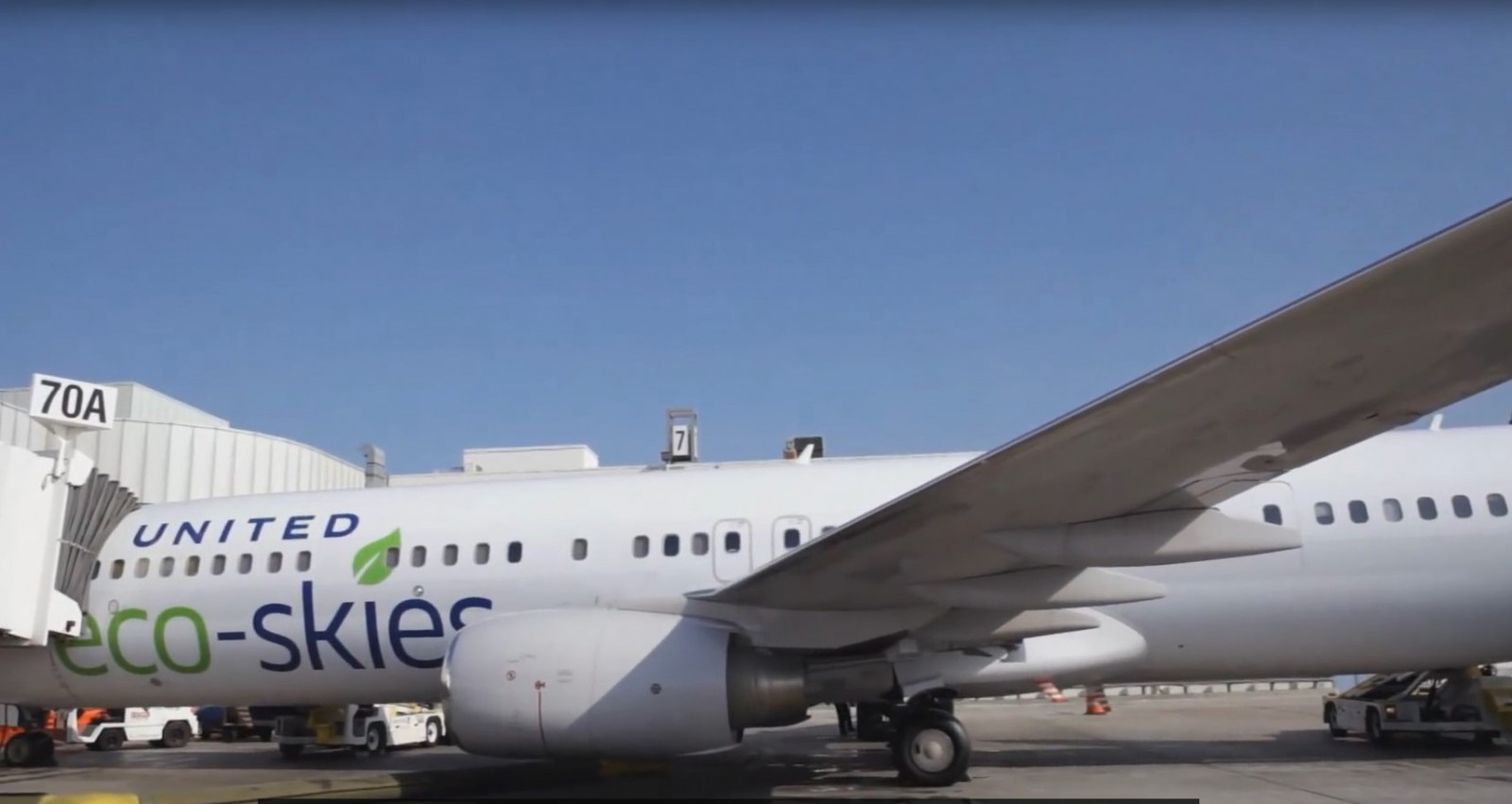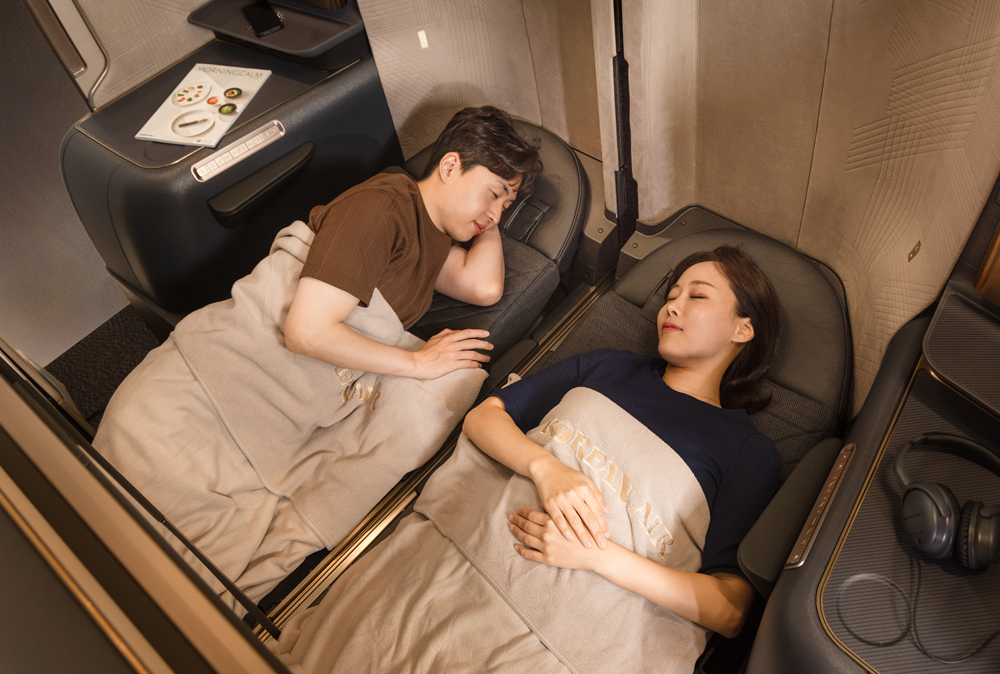IATA wants biofuel flights to carry one billion by 2025
26 February, 2018
3 min read
By joining our newsletter, you agree to our Privacy Policy


The International Air Transport Association (IATA) wants one billion passengers to experience flights powered by a biofuel blend by 2025.
The ambituous goal is the latest set by the airline industry as the interest in biofuels — now officially referred to as sustainable aviation fuels (SAFs) — is again on the increase.
IATA director general Alexandre de Juniac revealed the aspiration as the industry marked the 10th anniversary for the first flight using a biofuel blend.
The Virgin Atlantic Boeing 747 flight from London to Amsterdam on February 24, 2008, used a biofuel derived from a mixture of coconut and babassu oil in one engine and at the time was labelled by some as a publicity stunt.
But it demonstrated the viability of drop-in biofuels that can be blended with traditional jet fuel and used in existing airport infrastructure.
There have since been more than 100,000 flights using biofuels derived from a number of sources but the industry has struggled to find a model for producing SAFs in industrially significant quantities at a competitive price.
Biofuels are a key to IATA’s goal to cut net carbo emissions for the industry by 50 per cent compared to 2005 by 2050.
READ: Airlines urge more nations to join carbon offset scheme.
A flight completely powered by sustainable fuel has the potential to reduce the life- cycle carbon emissions of that flight by up to 80 per cent. Life-cycle carbon emissions include the those involved in growing the feedstock, refining the fuel, transporting it and burning it in jet engines.
The aviation industry has also vowed to use feedstocks that are sustainable and do not encroach on areas such as food production.
IATA’s de Juniac believes the momentum for biofuels is now unstoppable.
“From one flight in 2008, we passed the threshold of 100,000 flights in 2017, and we expect to hit one million flights during 2020,’’ he said.
“But that is still just a drop in the ocean compared to what we want to achieve. We want 1 billion passengers to have flown on a SAF-blend flight by 2025. That won’t be easy to achieve.”
The IATA boss sees government incentives that make the production of aviation biofuels as attractive as their automotive counterparts as a key to getting the industry up and running.
Airlines to have committed to investing in the technology include Cathay Pacific, FedEx Express, JetBlue, Lufthansa, Qantas, Virgin Australia and United.
Read: Qantas launches first dedicated US-Australia biofuel flight.
Airports in Oslo, Stockholm, Brisbane and Los Angeles are already mixing SAF with the general fuel supply.
IATA predicts these initiatives will mean about half a billion passengers will have flown on an SAF blend -powered flight by 2025 but says this can double if government policies help the sustainable fuel industry scale up production.
In addition to equivalent incentives to automotive fuels, the industry lobby group is calling on governments to provide loan guarantees and capital grants for production facilities.
It also wants support for SAF demonstration plants and supply chain research and development.
Next Article
2 min read
Qantas triples profit but misses mark

Get the latest news and updates straight to your inbox
No spam, no hassle, no fuss, just airline news direct to you.
By joining our newsletter, you agree to our Privacy Policy
Find us on social media
Comments
No comments yet, be the first to write one.
